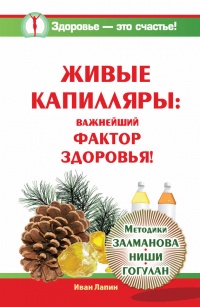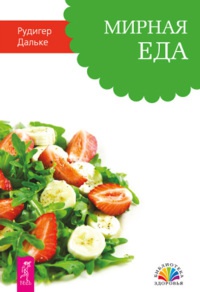Книга Пятый элемент здоровья. Как использовать менструальный цикл для поддержания жизненно важных функций организма - Лиза Хендриксон-Джек
Читать книгу Пятый элемент здоровья. Как использовать менструальный цикл для поддержания жизненно важных функций организма - Лиза Хендриксон-Джек полностью.
Шрифт:
-
+
Интервал:
-
+
Закладка:
Сделать
Перейти на страницу:
Перейти на страницу:
Книги схожие с книгой «Пятый элемент здоровья. Как использовать менструальный цикл для поддержания жизненно важных функций организма - Лиза Хендриксон-Джек» от автора - Лиза Хендриксон-Джек:
Комментарии и отзывы (0) к книге "Пятый элемент здоровья. Как использовать менструальный цикл для поддержания жизненно важных функций организма - Лиза Хендриксон-Джек"








